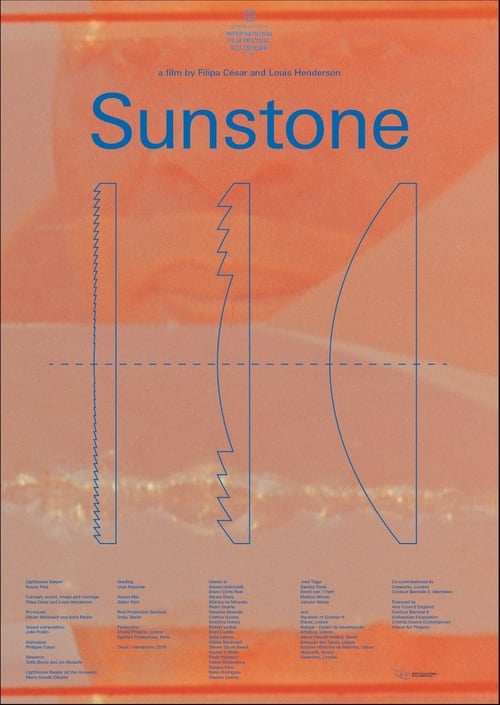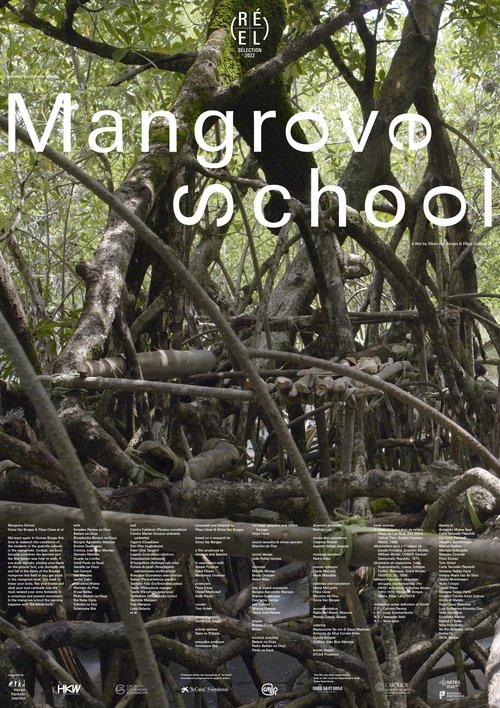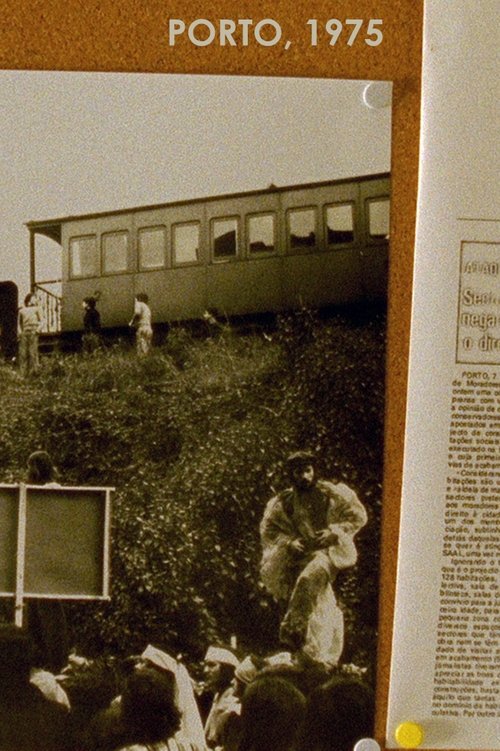Movies by Filipa César

Rapport
Shot during an NLP (neuro-linguistic programming) seminar in Berlin, a group fluxuates between guided meditation and discussion on consciousness and self-acceptance. Neuro-linguistic programming is a set of techniques and beliefs that are used primarily towards personal development. NLP is based on the idea that mind, body, and language create an individual's perception of the world, and an individuals behaviors can be changed by "perceiving and feeling yourself". Rapport focuses on the staging of the self that takes place during this kind o...

Spell Reel
The first image is in black and white, upside down and projected into a black box that then becomes the frame. It now hovers like a time capsule near a man’s face. He looks down, listening in on a female guerrilla fighter and translating her words from Fulani. Within the capsule, money is counted and paid out as a new currency, the numbers of the years run backwards in the black box. A 16-mm film glides through the man's hands and is transferred to a laptop screen frame by frame.

Sunstone
The lighthouse, as a man-made object built to shed light into the dark unknown, encapsulates perfectly the desires of the Enlightenment project of modernity: the domination of nature through reason and intellect, the advancement of technology and trade on a global scale, the illuminatory transparency of European Christian morality – a beacon in the dark. This 'op-film' will be a disorienting and disoccidenting dérive from optical navigation to algorithms of locating – an essay against the grain of Western patterns of referencing and situatin...

Conakry
"Conakry" is a homage to the Guinean-Bissauan and Cape Verdean anti-colonial leader Amílcar Cabral. This poetic film is a single shot 16mm film staged at the Haus der Kulturen der Welt in Berlin and based on the archival images. The film-maker Filipa César, invited the Portuguese writer and artist Grada Kilomba and the American radio activist Diana McCarty to reflect on the images and their history, questioning what these film archive mean in a post-African liberation world.

Mangrove School
We went to research the conditions of the students in the guerrilla schools in the mangroves. Instead, we soon became ourselves the learners and the first lesson was how to walk. In the mangrove school the learning happens with the whole body.

Porto, 1975
In Porto, 1975 the subjective viewpoint of the camera takes us through another emblematic example of Portuguese history from the 1970s, thanks to a single long take lasting the whole duration of a 16 mm reel. Bouça was a social housing project initiated in 1973, just before the end of Salazar’s Estado Novo, and conceived by an architect whose renown would subsequently become international: Álvaro Siza. César’s camera wanders lightly around the housing development, crosses through an apartment and stops in an architecture agency installed in ...